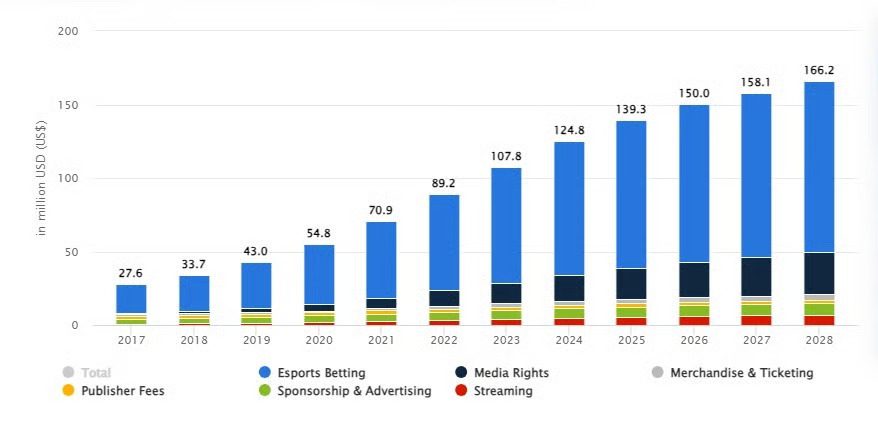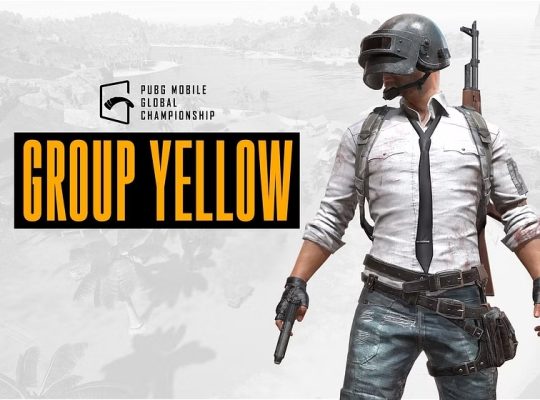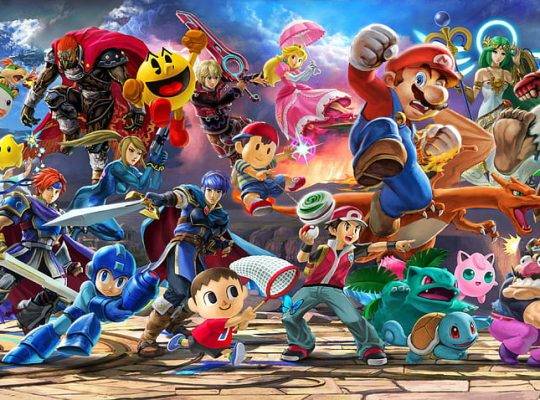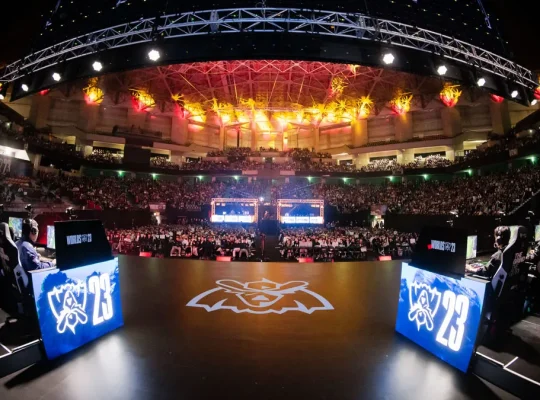Esports Organizations in India Implement Salary Cap on Players
The Indian gaming industry has seen a significant amount of growth in the last couple of years, raking in over $107.8 Million USD in revenue in 2023 alone. With the surging popularity of titles like Battlegrounds Mobile India (BGMI), the number of players, content creators, and esports organizations has multiplied. As a result, competition amongst players and organizations for the top tier has intensified.
Recently, there have been whispers within the esports community about organizations considering the implementation of a salary cap for players to resolve issues such as player poaching. This report delves into the details behind this decision and its potential implications.
Organizations and the Decision Behind the Salary Cap
Several esports organizations in India are contemplating a salary cap for their players to maintain consistency and prevent losing the best talents to rival organizations offering higher salaries. Rohit Jagasia, Owner and CEO of Revenant Esports, openly called out people from the esports industry for poaching players from his team after the Skyesports Championship 5.0 and Upthrust Esports Diwali Battle 2023 LAN Events.
Furthermore, KR Rohith, the CEO of Gods Reign, disclosed that an organization had registered a player from Gods Reign in their team for the Battlegrounds Mobile India Pro Series (BMPS) 2023 event without the knowledge of either the player or the organization.
Details of the Salary Cap
The salary cap’s specifics remain under wraps, but it’s rumored that the top esports athletes in India are currently earning monthly salaries of around INR 2-3 Lakhs. Esports organizations wish to establish cap strategies to curb player poaching and maintain a level playing field in the Indian esports ecosystem.
Impact on Players, Organizations, and the Esports Ecosystem in India
The introduction of a salary cap can have several effects on the Indian esports sector. By ensuring consistent and stable operations, organizations can focus on growing the industry as a whole, rather than engaging in unhealthy competition.
As for the players, while the salary cap may limit their earnings to a certain extent, it could also encourage better contracts, employment benefits, and career prospects. Ultimately, the cap may help create a more structured and sustainable esports ecosystem in India.
According to Statista, the revenue for this exciting sector reached a staggering $107.8 Million USD in November 2023. And that’s not all – we’re just getting started! With the popularity of games like Valorant and Call of Duty Mobile on the rise, the player base is growing faster than ever. So prepare yourself for even more jaw-dropping numbers in the years to come as the esports industry continues to dominate the scene.
Reasons Behind the Decision and Expert Opinions
The decision to implement a salary cap has not been directly attributed to the ongoing pandemic; it seems to be more associated with the growing trend of player poaching and the need to create a stable environment for the esports organizations.
Experts within the industry have mixed opinions about the salary cap’s implementation. Some argue that a cap on salaries may harm the potential growth of individual players, while others believe it will lead to improved resource allocation and long-term industry growth. The effectiveness of this measure will ultimately depend on how it’s implemented and regulated within the Indian esports community.
Conclusion and Recommendations
The implementation of a salary cap in the Indian esports organizations aims to promote stability and market growth in the long run. By addressing the issues around player poaching and unhealthy competition, resources can be better allocated to improve infrastructure, support player development, and elevate the quality of esports events in the country.
Players, organizations, and stakeholders must collaborate to ensure a smooth implementation of the salary cap that benefits all parties. As the industry continues to expand, these measures can play a crucial role in shaping a more robust and competitive landscape for esports in India.












